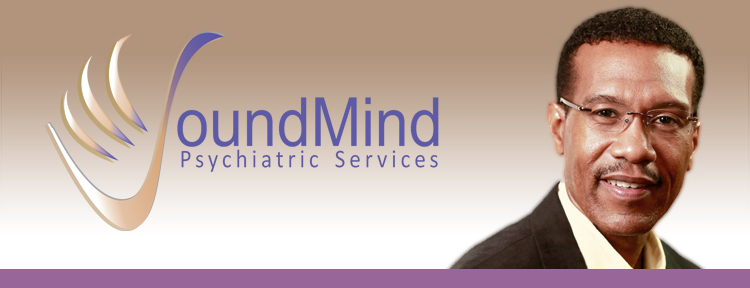THROUGH MY MOTHER’S EYES – Part 2
There were times during my years in school when she actively demonstrated how much she wanted me to succeed. During my high school years, I remember her staying up with me until the early hours of the morning, typing a paper due that day. When a typing mistake occurred, she had to get a bottle of “Wite-Out” and wait until the white liquid dried on the typing paper before she could begin typing again. This typing and stopping to make corrections went on throughout the night until eventually I would fall asleep to the comforting tap of the typewriter keys, letting me know that I wasn’t alone.
During medical school, I often felt so overwhelmed by the course work that I didn’t even know where to begin studying. The nights before the biochemistry exams were the worst. On several occasions, after staying up most of the night studying, I would become anxious and feel as if I couldn’t remember anything that I had studied. Thoughts of failure would enter my mind and it was only my mother’s voice, or her silent yet reassuring presence at the other end of the phone, at two, three, or four in the morning, that was able to chase those thoughts away and still my anxious heart.
Today, we are at a Brooklyn rehabilitation hospital, in a room with large windows facing the entrance. Well-manicured hedges greet visitors by, spelling out the word “WELCOME” before they enter the main doors of the facility. I look in those familiar brown eyes and see a prisoner, screaming to get out but not able to make a sound. Her eyebrows come together and move upwards in a look of sadness and discomfort. The wrinkles on her forehead express that familiar look, daring me to help her.
I find it hard to believe that this is my mother, the woman who bore me and raised me, who may know me better than I know myself, staring at me like a helpless frightened child. I have to find out what the source of her discomfort is before she crosses the threshold from discomfort to pain. “What could it be?” I wonder. “Is it the way she’s sitting in the wheelchair? Should I change her position? Has she been sitting too long? Does she have a headache or cramp and needs to be placed back in bed? Oh God…how I hate that look…that language spoken through the eyes that I can never seem to understand.
I begin searching frantically, for what those eyes are saying. Two years earlier, at 58 years of age, my mother had a severe stroke in the left side of her brain, rendering her forever unable to speak her thoughts. Moreover, it meant that her world was changed forever. She became a different person overnight. That incredibly functional woman who used to walk across the Brooklyn Bridge in the afternoons for exercise, the woman who used to prepare a consoling cup of tea for me at 5:00 in the morning after I got home from a strenuous night on call at the hospital…that woman was undeniably gone. She was replaced by a broken shell with my mother’s spirit entombed inside. This was Sylvia’s first death. Years later, I would come to appreciate how much of Pierre had also died that day.
Soon after the stroke, she spent several days in a coma, and was later placed on a respirator. Unfortunately, when the effort was made to have her breathe on her own, it became difficult and she developed complications.

Leave a Reply
You must be logged in to post a comment.